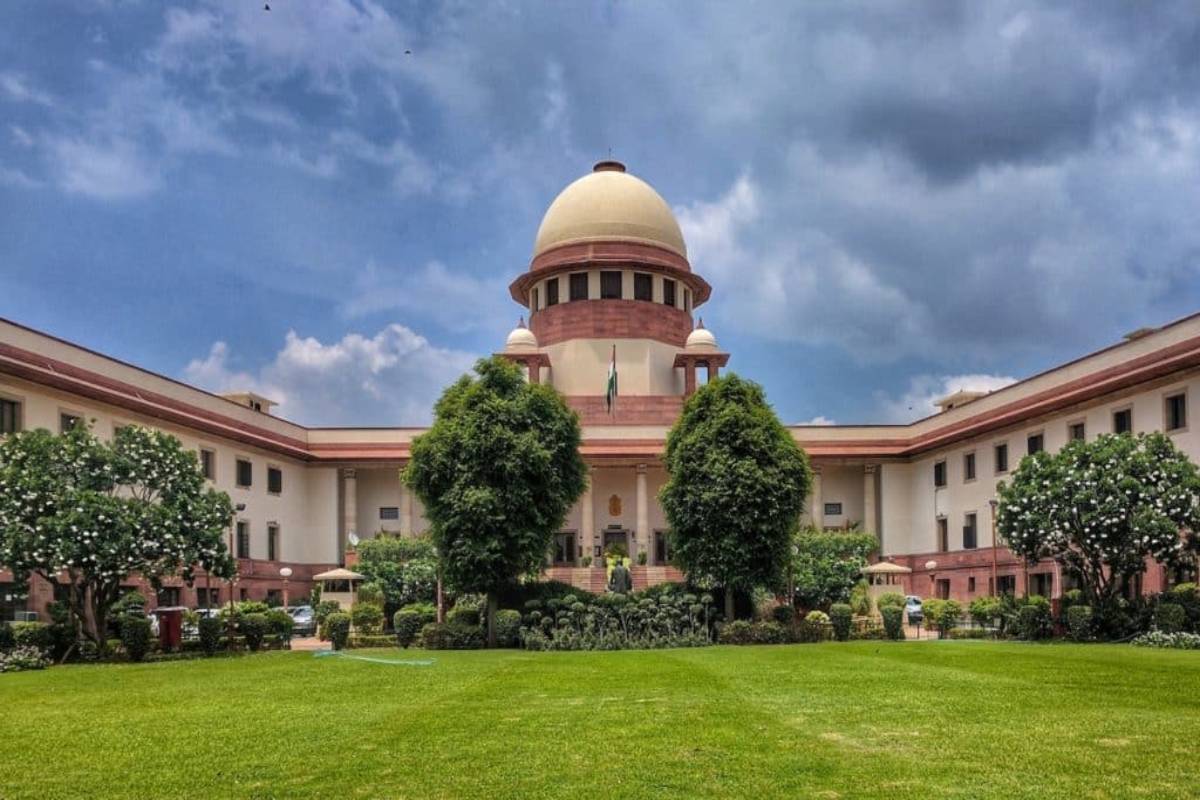The Supreme Court on Monday reprimanded the Delhi government for not contributing its share to the infrastructure project – Delhi-Meerut Regional Rapid Transport System (RRTS) – while spending Rs 1,100 crore on publicity in the last three financial years.
Observing “If Rs 1100 crore can be spent on advertisements in the last three years, certainly infrastructure projects can be financed” a bench of Justice Sanjay Kishan Kaul and Justice Sudhanshu Dhulia directed Delhi government to pay the overdue amount towards the project within two months.
Advertisement
Taking Delhi government to task for not discharging its obligation towards the funding of the project, the bench said that it was a project being monitored by the top court.
Sensing the mood of the court, senior advocate Abhisheek Manu Singhvi, appearing for Delhi government, said the funds will be allotted for the project.
Noting the statement of the senior advocate Singhvi, the bench in its order said, “Senior counsel says provisions will be made in line with proposed schedule. We take this on record, the overdue amount will be paid within two months.”
The bench in the last heating of the matter on July 5 had chided the Kejriwal government for expressing its inability to provide funds for the construction of the RRTS project citing paucity of money and had directed it to furnish the details of funds it has spent on the advertisements in the last three financial years (FYs).
The Delhi-Meerut Regional Rapid Transport System project is slated to be a semi-high-speed rail corridor between Delhi and Meerut.
This corridor will connect the cities of Delhi, Ghaziabad and Meerut and is one of the three rapid rail corridors planned under Phase I of the RapidX project.
